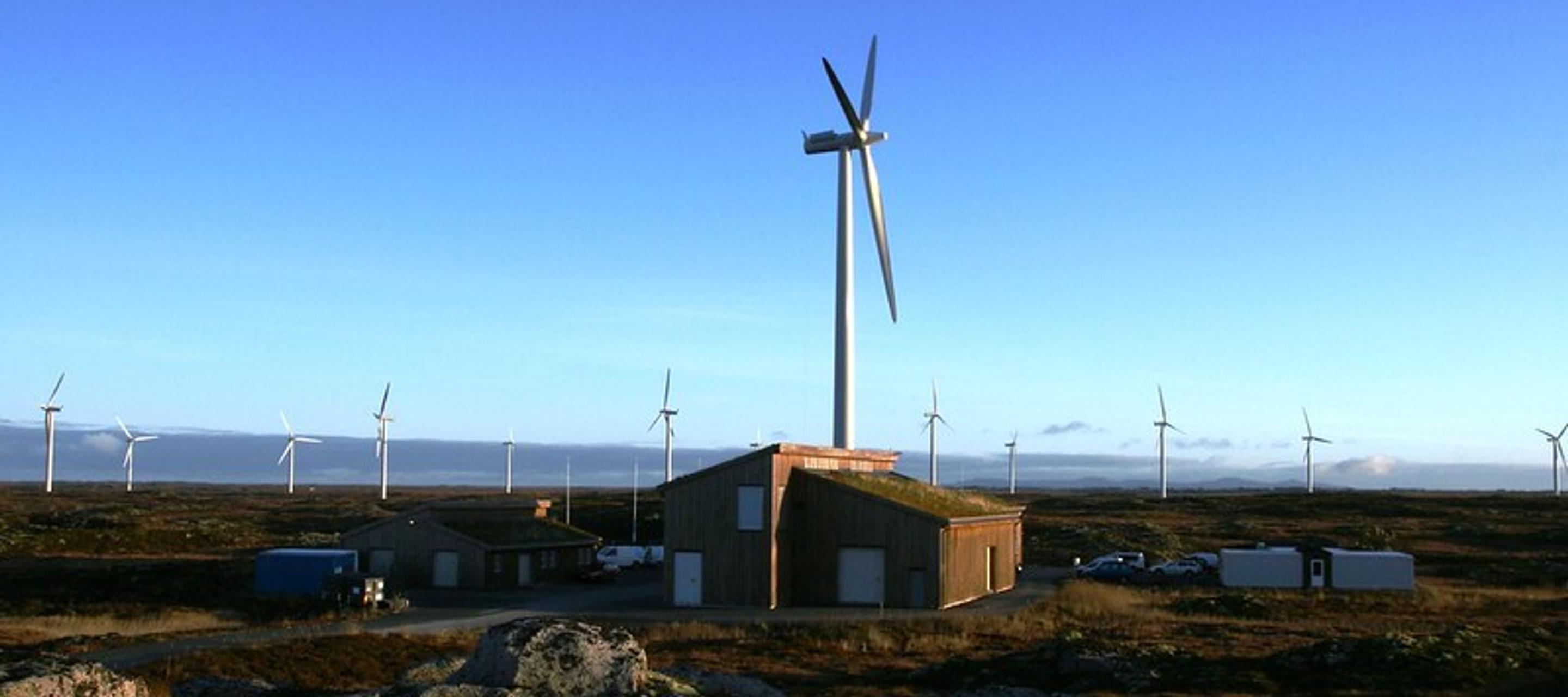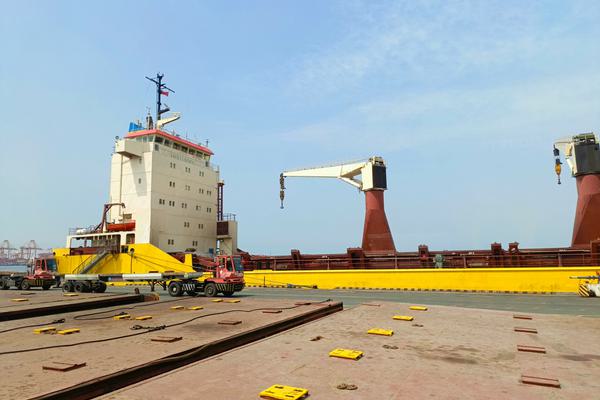Harnessing Coastal Wind Energy Responsibly: community rights and benefits
8 August 2022

In June 2022, the Ocean and Human Rights Platform convened a roundtable side-event at the UN Ocean Conference in Lisbon: Harnessing Coastal Wind Energy Responsibly: Community Rights and Benefits.
Speakers included:
- Jasper Lamouelle, CEO, First Kaska
- Dag Rune Olsen, Rector of The Arctic University (UiT) in Tromsø, Norway
- Tulika Bansal, Senior Advisor, Danish Institute for Human Rights (DIHR)
- Sigrid Brynestad, Senior Sustainability Advisor, Eksfin (Export Finance Norway)
The purpose of the roundtable was to start an ongoing ‘Responsible Coastal Renewables’ discussion between global and community-owned energy companies, investors and indigenous community organisations, to improve the benefits for indigenous and local coastal communities of the 'green rush' for renewable energy projects. Participants from Canadian First Nations, the High-level Ocean Panel, energy companies, financial actors, academia and human rights organisations gathered to discuss possible solutions.
Key points and quotes
The discussion was rich and productive. Key points and quotes included the following:
- There are good opportunities for economic empowerment of host communities, moving beyond the traditional 'compensation model'.
- Unlike in other countries, the current Canadian legal framework, land rights and access to capital enable First Nation communities to have a seat at the table in discussion with government and companies over natural resources.
In the past it has been a case of ‘we’ll give you the crumbs’ but in Canada no major project will now happen without indigenous approval and some mechanism for equity.
Jasper Lamouelle
First Kaska
- The range of different types of community-ownership model in Canada offers valuable lessons for indigenous communities elsewhere. In the case of First Kaska, profits are being invested in a Community Investment Fund for a 25-year period, ensuring benefits from energy production today for generations yet to come. The inter-generational responsibility is a fundamental tenet of First Kaska values.
- The recent ‘Fosen Vind’ case in Norway demonstrates the danger or poor community consultation and inclusion - the Norwegian Supreme Court ruled in 2021 that the licenses of two Statkraft wind farms were invalid as the constructions were found to violate the rights of the Sámi to enjoy their culture due to limitations on reindeer herding. Fosen Vind and the Ministry of Petroleum and Energy are seeking ‘sufficient mitigating measures’, but the Sámi herders are demanding that the turbines be dismantled.
One-off compensation payments are no substitute for ongoing sustainable revenue streams for affected communities.
Dag Rune Olsen
Arctic University
- The EU Taxonomy’s framework will be important for investors into renewable energy but human rights needs to be more prominent - equity for marginalised communities must be factored into the business model by companies and investors looking at projects on indigenous or community land.
- In many countries, eg in Africa, communities do not identify as ‘indigenous’ so it is important to include marginalised communities as well as IPs in this Responsible Renewables dialogue.
The trickle-down effect of renewables projects is used as a defense but this is not enough. Equity should be part of it.
Sigrid Brynestad
Eksfin
- Communities must be at the table, but within that, there must be adequate representation of women whose rights may be differently impacted compared to often exclusively male community leaders.
- Where co-design and benefit-sharing are built into the project process, all parties stand to gain. Meaningful and ongoing consultation with local communities is essential but often, the Free, Prior, Informed Consent process is inadequate as in the cases of Honduras or Colombia.
With increasing pressure on ocean resources from renewable energy and aquaculture to transportation, the issue of who within a local coastal community a company consults with, and when, becomes ever more important.
Henrik Harboe
High-Level Panel for a Sustainable Ocean Economy
- The role of human rights defenders (HRDs) is often overlooked by companies but the rapid increase in persecution and killings of environmental human rights defenders in recent years, points to the critical importance of their inclusion in rigorous human rights due diligence.
- There is a pressing need for robust legislation in many countries to minimise the risk of harm to local communities from the rapid growth in renewable energy projects, including the raw materials supply chain.
Accountability without liability for companies counts for nothing.
Leïla Choukroune
University of Portsmouth
- Human rights need to be integral to bilateral investment treaties. Relying on ESG criteria alone will not shift practice adequately towards embedding human rights and community equity.
- Technology suppliers have some leverage with customers with regard to responsible project development which take into account not only environmental impacts but also socio-economic and cultural issues for coastal communities.
Consulting with affected communities early and often is fundamental in project development.
Aaron Smith
Principle Power
Next Steps
This new dialogue series will look at the benefits of community equity, ways to encourage creative partnerships between energy majors, investors and affected communities, and the as yet under-explored potential for long-term benefit-sharing from wind energy projects.
The issue is moving from the model of compensation to a sustainable revenue stream. But who owns the wind? When there is no more income from commodities, where is the ongoing revenue stream from wind once it’s built.
Frances Short
Senior Advisor, IHRB
The Ocean and Human Rights Platform will be convening further Responsible Renewables dialogues with regional partners over the next two years in the Arctic, Latin America, SE Asia and W. Africa to deepen discussions around issues raised at the Lisbon roundtable, including:
- moving from compensation to partnership models - community ownership models, benefit-sharing and investment funds;
- inclusive consultation and due diligence, reaching under-represented groups;
- the role of human rights defenders in a responsible renewables sector;
- the role of power purchasers and investors advocating for greater community benefit-sharing by energy majors and governments;
- lessons from successful legal challenges by local communities to wind farms.
For further information, contact frances.house@ihrb.org. Additionally, The Danish Institute for Human Rights (DIHR) has human rights due diligence tools and guidance for companies and for IPs.



